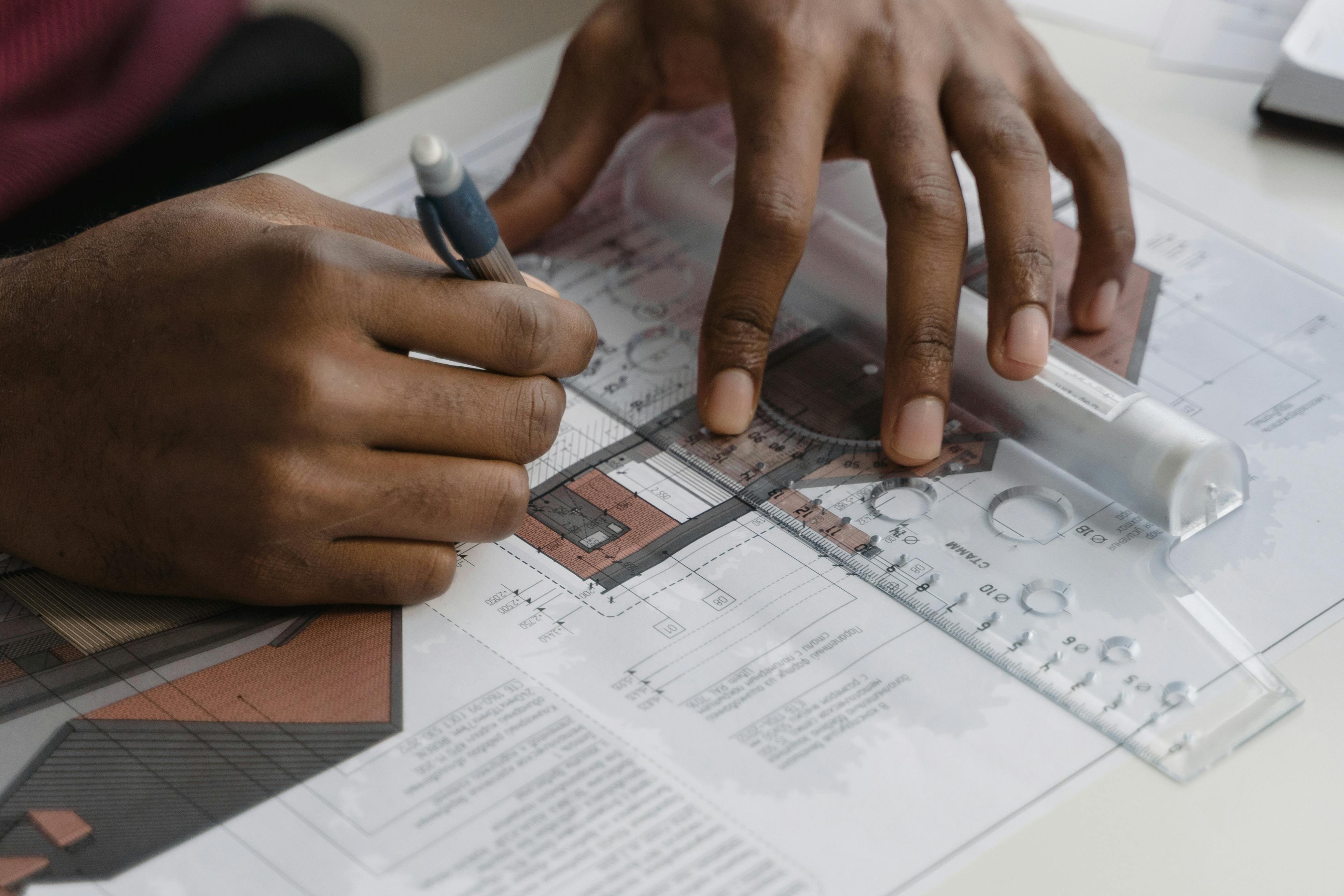
Essential Guide to How to Be an Actor Successfully in 2025
As we step into 2025, the world of acting continues to evolve with new techniques, technologies, and trends. For aspiring actors, understanding how to navigate this landscape is crucial for success. This guide provides insights into essential acting techniques, the importance of drama schools, nuanced audition tips, and the significance of character development. Whether you want to pursue stage acting or film acting, establishing strong foundations in acting fundamentals will help you build a fulfilling career.
In this guide, we will cover a wide array of crucial topics, including:
- Effective audition preparation strategies
- Key acting exercises for skill enhancement
- Building emotional authenticity and presence on stage
- Understanding the nuances between film and theater acting
- Networking in the entertainment industry
By the end of this guide, you will have a clear roadmap outlining the steps you need to take in your journey to becoming a successful actor in 2025.
How to Develop Your Acting Skills in 2025
Building a successful acting career begins with honing your acting skills. Various acting techniques can significantly enhance your performance and prepare you for different mediums, such as theater, film, and television.
Understanding Different Acting Techniques
Different acting techniques help actors tap into their emotions and portray characters authentically. Some well-known methods include Stanislavski, Meisner, and Lee Strasberg. Familiarizing yourself with these styles can expand your acting repertoire.
For example, Stanislavski emphasizes the importance of emotional realism, encouraging actors to draw from their own experiences. In contrast, the Meisner technique focuses on improvisation and emotional responses to develop character spontaneity.
Acting Classes and Workshops
Participating in acting classes and workshops enables actors to practice their craft under professional guidance. Look for reputable drama schools offering classes that fit your schedule and skill level.
Workshops often feature guest instructors, such as industry professionals or renowned acting coaches, providing invaluable insights into current acting trends and techniques.
Essential Acting Exercises
Practicing acting exercises is vital to developing your craft. Techniques like warm-up exercises for voice training, improvisation skills, and scene study can enhance your performance. For instance, improvisational exercises develop quick thinking and adaptability, crucial components for actors facing unexpected challenges during auditions.
Moreover, emotional range can be improved through specific exercises centered around character motivations and emotional authenticity. Techniques to practice include using monologue practice effectively and deepening your understanding of scripts.
Performance Feedback and Iteration
Seeking performance feedback is critical for growth as an actor. Engaging with peers or mentors can provide constructive criticism that merely acting in front of an audience may not reveal. Join local theater groups or participate in auditions where feedback is provided.
Incorporate this feedback into your practice routines, and iterate based on the suggestions received. This continuous improvement can lead to significant developments in your confidence and skill level on stage or in front of the camera.
Mastering Audition Techniques for Success
Auditioning is a vital part of the acting process and mastering audition techniques can set you apart in the competitive industry. From self-taping to cold reading skills, preparation is key to landing roles.
Self-Taping for Auditions
Learning the art of self-taping is essential in today's casting landscape. Many auditions require actors to submit self-taped videos, so understanding the technical aspects, such as lighting, sound, and framing, is crucial.
To make a strong impression, ensure your performance showcases your character’s journey effectively. Remember to follow any specific instructions provided in the audition breakdown.
Cold Reading Skills
Cold reading skills are equally vital. This involves reading a script without prior rehearsal or preparation, highlighting an actor's ability to adapt to different roles swiftly.
During auditions, directors often assess how quickly you can grasp the character's nuances. Improved cold reading skills can increase your chances during casting calls, as these abilities are often tested across various roles.
Preparing for Auditions
Preparation goes beyond script memorization. Conducting a thorough analysis of the character and the storyline can give more depth to your portrayal. Understanding character arcs and relationships provide a more nuanced performance.
Practice monologue routines and character backstories before auditions, and focus on your emotional investment to demonstrate authenticity.
Networking for Actors
Networking is crucial in the acting business. Building relationships with industry professionals, joining acting communities, and attending workshops or seminars can open doors to new opportunities.
For successful networking, focus on developing genuine connections rather than trying to leverage every interaction for immediate gains. Long-term relationships can lead to mentorship opportunities or collaborative projects.

Building a Character: Key Techniques and Insights
How you portray a character can make or break your performance as an actor. Thus, learning techniques for character development is essential to help you create believable and engaging characters.
Character Analysis and Motivation
Understanding character motivation is fundamental. Dive deep into what drives your character—be it love, revenge, or seeking acceptance—and use this motivation to fuel your performance.
Character analysis allows you to flesh out the psychological and emotional facets, helping you understand how to convey complexities on stage or on screen.
Performance Techniques in Scene Study
Scene study involves breaking down scripts and performing specific scenes, focusing on the dialogue, emotional range, and stage directions. This practice enables you to work closely with other actors, enhancing collaboration skills.
Paying attention to stage directions can improve your physicality and interactions with other cast members, making your performance more dynamic and engaging.
Creating a Role and Emotional Authenticity
Creating a role requires a blend of imagination and authenticity. Writers often create detailed characters, but it’s your job to breathe life into them. Emotional authenticity is crucial—audiences connect with actors that portray emotions sincerely.
Utilize techniques to explore your character’s backstory, including journaling or improvisational exercises that delve into their emotional world.
Adaptation and Versatility in Performance
Being adaptable as an actor is vital, especially when transitioning between various acting styles such as stage acting and film acting. Each medium comes with its unique set of demands.
Explore different genres of acting to build versatility. Understanding the subtle differences between acting for camera versus live performance can provide a significant advantage when auditioning for diverse roles.
Essential Tools for Building Your Acting Career
Utilizing the right tools and resources is crucial in building a sustainable acting career. From improving your self-branding to managing your acting portfolio, each aspect significantly contributes to your success.
Creating Your Acting Portfolio
Your acting portfolio should highlight your range and skills as an actor. Include headshots for actors, a resume, and a demo reel showcasing your best performances.
Keep your resume updated with acting credits, training, and notable projects. A well-curated portfolio serves as an essential marketing tool when approaching casting directors and agents.
Finding Acting Agencies and Mentors
Working with acting agencies can provide opportunities and insights into auditioning for major productions. Researching agencies that align with your goals is essential.
Additionally, having mentors in the field can provide valuable feedback and advice. They can guide your career decisions and introduce you to industry contacts, enhancing your networking opportunities.
Online Casting Platforms
Online casting platforms have revolutionized auditioning and finding performance opportunities, allowing actors to submit auditions remotely. Familiarize yourself with these platforms and create a strong profile showcasing your skills and accomplishments.
Regularly search for opportunities, and submit auditions diligently to maximize your chances of being noticed in this competitive field.
Acting Showcases and Competitions
Participating in acting showcases or competitions can be a way to gain exposure and experience. This helps you perform in front of casting directors and industry professionals who might discover your talents.
Prepare adequately for these events, as they can be incredibly beneficial for networking and developing performing arts skills.

Conclusion: Your Pathway to Acting Success in 2025
Becoming a successful actor in 2025 requires dedication, strategic preparation, and continuous learning. By understanding how to act effectively through focused techniques, engaging in professional development, and networking efficiently, you can elevate your career in this dynamic industry.
Invest time in developing crucial skills, participating in acting workshops, and understanding your character's motivation and emotional authenticity. Keep honing your craft, and embrace every opportunity—each step brings you closer to achieving your dream of becoming a successful actor.